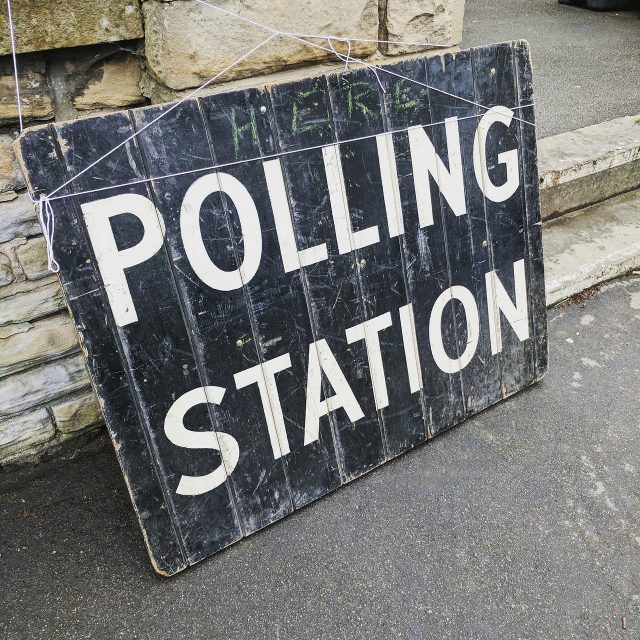
According to international observers from Zambia, Nigeria, and the Central African Republic, nations influenced by the abundant grain donation from Moscow, the presidential elections in Russia were considered an example of democracy. However, it seems they did not take into account the over 100 people arrested during the three-day voting period.
Putin secures his fifth term with a staggering 87.9% of the vote (an increase of 12 points from six years ago) and a turnout of 74.3% (compared to 67.54% in 2018), according to official data. This overshadowed the three opponents, Leonid Slutsky (of the Liberal Democratic Party), Nikolai Kharitonov (Communist Party), and Vladislav Davankov (New People). Despite the regime press praising a “colossal result,” even offshore bookmakers operating in the United States only rate the chances of Putin leaving the Kremlin before 2030 at 2.2. However, his tenure could be extended until 2036, as per the Constitution. Russian authorities also reported increased turnout in the occupied Ukrainian regions. Barring health issues, Putin is set to retain the presidency at least until 2030, marking half a century of reign.
Despite Vladimir Putin’s triumph being anticipated by all observers, the situation didn’t go exactly as hoped in the Kremlin. Across the nation, many responded to Alexei Navalny’s call, issued just days before his death, urging Russians to sabotage the elections by massively turning up at the polling stations on the final day of voting, Sunday. This protest, though not illegal, was still considered courageous and bold.
Consequently, long queues of voters formed in major cities, especially in Moscow and St. Petersburg, documented by independent media cameras and cell phones like the Moscow Times. This participation led Navalny’s close collaborator, Ivan Zhdanov, to label it a “success.” He emphasized that despite intimidation, many people came to show solidarity, making this event significant despite its symbolic nature.
Naturally, the Russian police didn’t stand idle. At least 74 people in 17 Russian cities were arrested during yesterday’s voting operations, according to the Ovd-Info NGO. The highest number of arrests occurred in Kazan, where plainclothes police officers turned away about twenty voters who showed up at noon at a polling station set up at the university. These protest actions also took place at Navalny’s tomb in the Borisovskoe Moscow cemetery, where many citizens deposited their ballots with the dissident’s name.
Protests were particularly evident at polling stations abroad. In Georgia, a group of demonstrators marched on the main streets of Tbilisi, displaying a red banner with the message “Enough with Putin. Enough chaos, war, and repression,” along with other signs. Long queues also formed in other cities like Yerevan in Armenia and Vilnius in Lithuania, in front of Russian embassies. In Berlin, anti-Putin protesters embraced Yulia Navalnaya, the widow of the slain dissident, expressing solidarity.
In Moldova, in Chisinau, a 54-year-old man, claiming to be Moldovan but also holding Russian citizenship, threw a Molotov cocktail at the polling section in the Russian embassy, shouting “I hate Russia” before being arrested. The chair of the central election commission, Ella Pamfilova, reported repelling 280,000 cyber-attacks during the three days of voting.
Putin described the elections as a “plebiscite” and turned the vote into a referendum in favor of the Special Operation. From his campaign headquarters in Moscow, he emphasized that the true power lies with the people who voted responsibly. He also addressed the ongoing conflict in Ukraine, highlighting Kiev’s losses and offering the possibility of peace talks. He also expressed a desire for France to play an active role in this context. Finally, in response to international criticism, Putin reiterated his support for China on issues such as Taiwan and avoided expressing preferences between Biden and Trump in the upcoming American elections.



 Subscribe
Subscribe